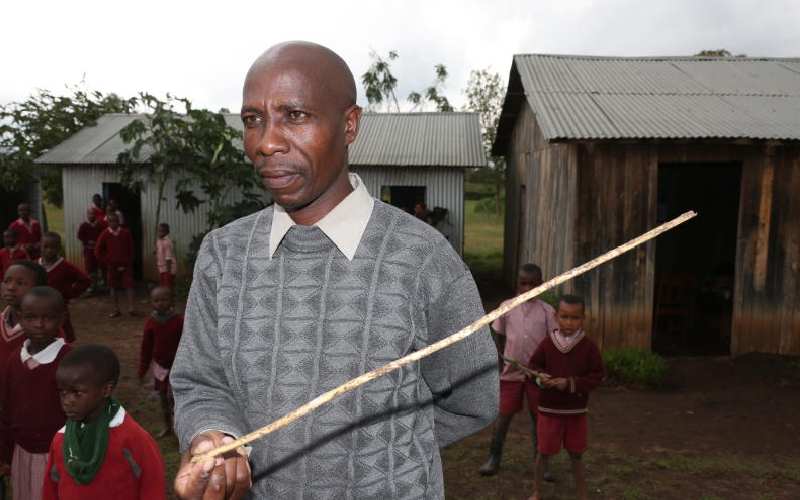×
The Standard e-Paper
Fearless, Trusted News

Reports about fires in schools have caused public alarm in the past few weeks. Many children are enrolled in boarding schools, sometimes far away from their families. Parents reading about the fires have rightfully been concerned about the safety of their children. In addition, the fires have sparked calls for the reintroduction of corporal punishment in schools.